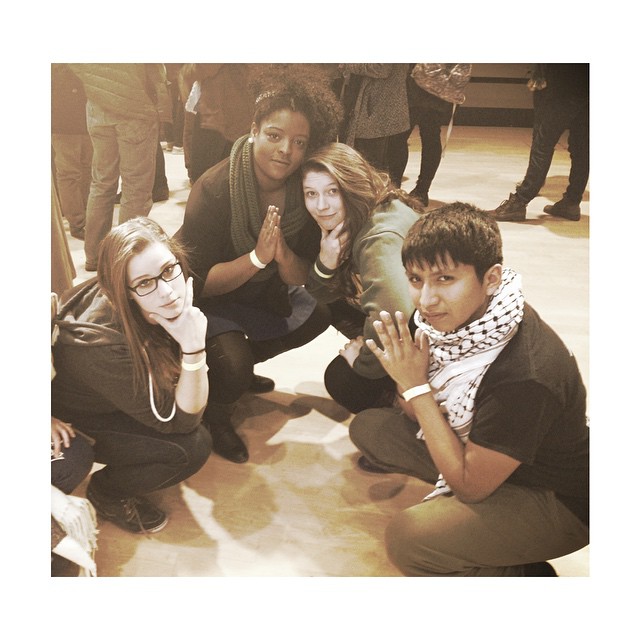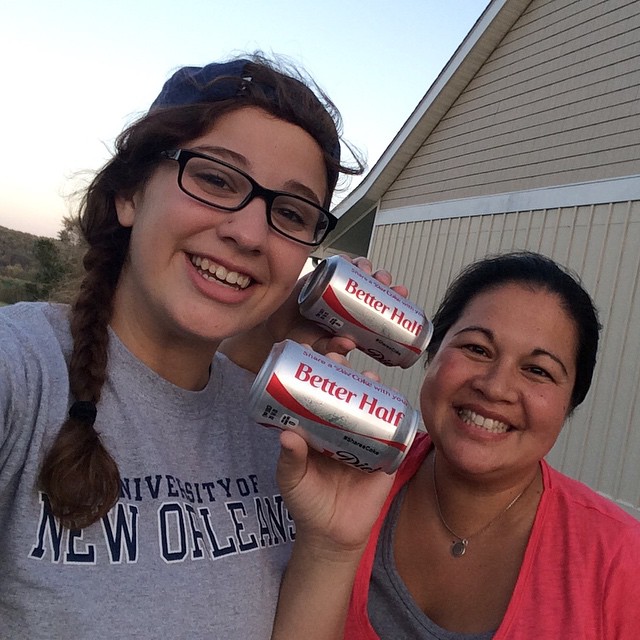“Change means movement. Movement means friction. Only in the frictionless vacuum of a nonexistent abstract world can movement or change occur without that abrasive friction of conflict.”-Saul Alinsky
Conflict is pervasive. We live in a world in which our difference in perspective, experience, and worldview often lead to large- and small-scale conflicts. We cannot avoid its existence in our lives, which is why it is important for leaders to understand how to navigate situations of conflict. My focus during my time as Mason has, of course, been on individual and interpersonal experiences with conflict. Before my experience as a Leadership Consultant, I spent a lot of time avoiding interpersonal interactions that would require me to confront conflict in an attempt to manage it, but I have learned that approaching it courageously, strategically, and gracefully can lead to rewarding results on all sides.
I remember being young and getting in arguments with my friends. The ultimate insult was giving the cold shoulder and ignoring the friend until something happened that brought us back together again without ever discussing the situation or truly repairing the broken pieces of the relationship. I have spent my whole life responding to conflict in this way and have worked the past few years to try to train myself in this very important competency. It is a valuable skill and a challenge area I have been able to continually grow in during my time at Mason.
When it comes to group dynamics and working in teams, I seek to hear everyone’s perspective and try my best to give everyone the opportunity to speak. It is very easy for me to speak up, and when I get passionate about something I often get very defensive of it. I have been working on this in myself to be more aware of the space that I am taking up in various discussions in order to ensure that the people I am working with have the opportunity to share their opinion. I will often consciously stop myself and try to mediate the conversation so that someone else who may have been quiet during the discussion has an open floor to speak up.
In regards to one on one confrontation, I am much more reserved and passive. I have always been afraid to put myself in the vulnerable position to tell someone how I have been affected or hurt by something they have said or done. I’ve always felt that putting my feelings or opinions was wrong and so have always made space to accommodate others. However, the more and more leadership roles that I get involved on campus, the more I understand the importance of healthy conflict and having open and honest conversations with teammates, supervisors, and fellow students. Throughout the year, I have learned to talk to others in a way that leads to productive conversation and a change for the better.
More recently, I have discovered how much conflict arises when discussing social issues. As someone who identifies as an advocate for social justice, I find myself in many conversations that require me to navigate conflict around issues that people feel very strongly about. These conversations are never easy, but developing strategies for facilitation and dialogue have assisted in my ability to have them. I rely on scholars such as Kathy Obear to provide insight on how to have these conversations and navigate triggers within them. Conflict is not to be avoided, particularly in this context. It is necessary to create a more just society and we must be willing to approach it confidently if we are to see a change.
I have also learned that conflict resolution is not one-size-fits-all. While talking through a situation and having healthy conversation can be a great way to respond, it is not always the best solution. I have learned that sometimes, conflict is so deeply rooted in personality differences or lack of communication and the goal becomes to successfully complete a program for the students involved as opposed to repairing relationships. This was a lesson that I learned the hard way during one of the Leadershape Institutes that I helped coordinate. As someone who thrives on relationships, it was hard for me to let go the idea of creating bonds and simply ensure the students had a safe, meaningful, and fun time.
I generally consider myself a compromiser during situations of conflict. I find value in the idea that each person has to give up something to gain something, and that it is one of the fairest ways to consolidate different ideas. I try to look at all sides of a conversation when I am mediating conflict from the outside, and therefore am able to piece together the most important parts of what people are saying. With this effort, I try to give both sides what is most important to them while limiting the things that may not be their highest priority. I think this is a suitable way to deal with most conflicts and can lead to the best outcome for all. That being said, I recognize that this is not a one size fits all approach, and that it is important to understand how to deal with conflict in multiple ways.


